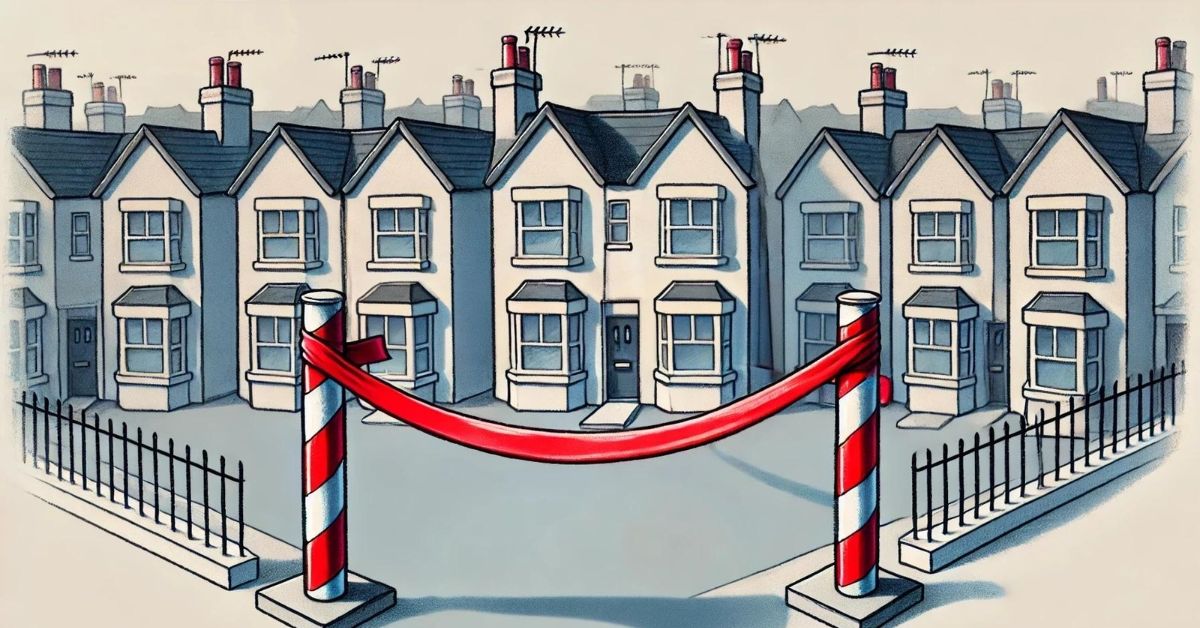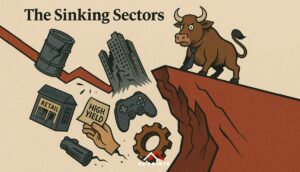Article

As the conversation around rent control intensifies, property investors in London are paying close attention to the potential implications of Sadiq Khan’s proposed policies. With the housing market already under pressure, these changes could significantly alter the landscape for property investors. In this article, we explore the impact of rent control, the broader ramifications for the real estate market, and strategies investors can employ to safeguard their portfolios.
The Impact of Rent Control on Property Investors
Sadiq Khan’s rent control proposal aims to limit landlords’ ability to increase rents, ostensibly to make housing more affordable for Londoners. While this may offer relief to tenants struggling with high rents, it presents a considerable challenge for property investors.
The primary concern for investors is the potential reduction in rental income. Rent control could cap the returns on investment properties, making them less lucrative. This could pose a significant financial strain for investors who rely on rental income to cover mortgage payments, maintenance costs, and other expenses. Moreover, the perceived uncertainty surrounding future rent control measures might deter investors from entering the market or expanding their portfolios, leading to a potential slowdown in real estate investment.
Ramifications for the Real Estate Market
The introduction of rent control could lead to cascading effects on the broader real estate market. Firstly, it may cause a decline in property values, particularly for rental properties, as the capped rental income reduces their attractiveness to potential buyers. This could result in stagnation or even a decrease in market activity as buyers and sellers adopt a wait-and-see approach.
Furthermore, rent control could inadvertently exacerbate the very problem it seeks to solve. By reducing the profitability of rental properties, the policy might discourage investment in new housing developments, leading to a shortage of rental units in the long term. This reduction in supply could eventually drive up rental prices, counteracting the policy’s initial intent.
Mitigating the Impact: Strategies for Property Investors
Despite the potential challenges, property investors can employ strategies to mitigate the impact of rent control. One approach is to diversify income streams by exploring short-term rentals, such as Airbnb, where rent control policies may not apply. Additionally, investors could focus on properties in areas less likely to be affected by rent control, such as those outside London or in regions where demand for rental housing remains strong.
Another tactic is to enhance the value of existing properties through renovations or improvements that allow for higher rents within the permitted limits. Landlords can justify higher rental prices by offering premium amenities or services, even within a controlled environment.
Shifting Focus: Diversifying into Other Tangible Assets
In light of the uncertainties surrounding rent control and the potential challenges in the property market, many investors are diversifying their portfolios by moving into other tangible asset classes, such as art or gold. These assets offer unique advantages that make them attractive alternatives to real estate.
Art has proven to be a stable investment, particularly in a low-interest-rate environment. The art market has also shown resilience in the face of economic downturns, with certain pieces appreciating significantly over time. Investing in art also offers portfolio diversification, as its value is not directly correlated with the stock market or real estate.
Gold, on the other hand, has long been regarded as a safe-haven asset. In times of economic uncertainty, gold tends to retain its value and can even appreciate, making it an ideal hedge against inflation and market volatility. Unlike property, gold is highly liquid, allowing investors to convert their holdings into cash if needed quickly.
Sadiq Khan’s proposed rent control measures present a significant shift in the London property market, with potential ramifications for property investors. While the prospect of reduced rental income and property values is concerning, there are strategies available to mitigate these impacts. Additionally, diversifying into other tangible assets, such as art or gold, can safeguard against the uncertainties of the real estate market.
For property investors, the key to navigating these changes lies in staying informed, adaptable, and open to new opportunities in the ever-evolving landscape of tangible assets.
At De Pointe Research, we remain committed to providing our readers with the latest insights and strategies to help navigate the complexities of today’s investment landscape. Stay tuned for more expert analysis and recommendations on how to protect and grow your wealth in challenging times.





